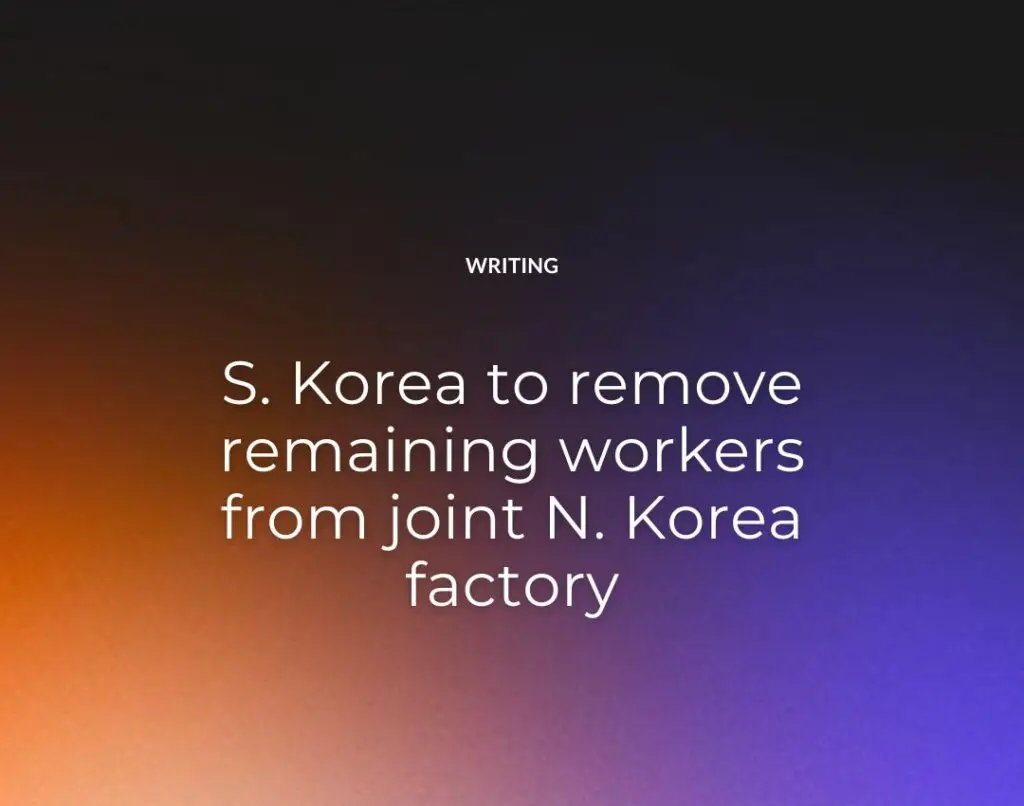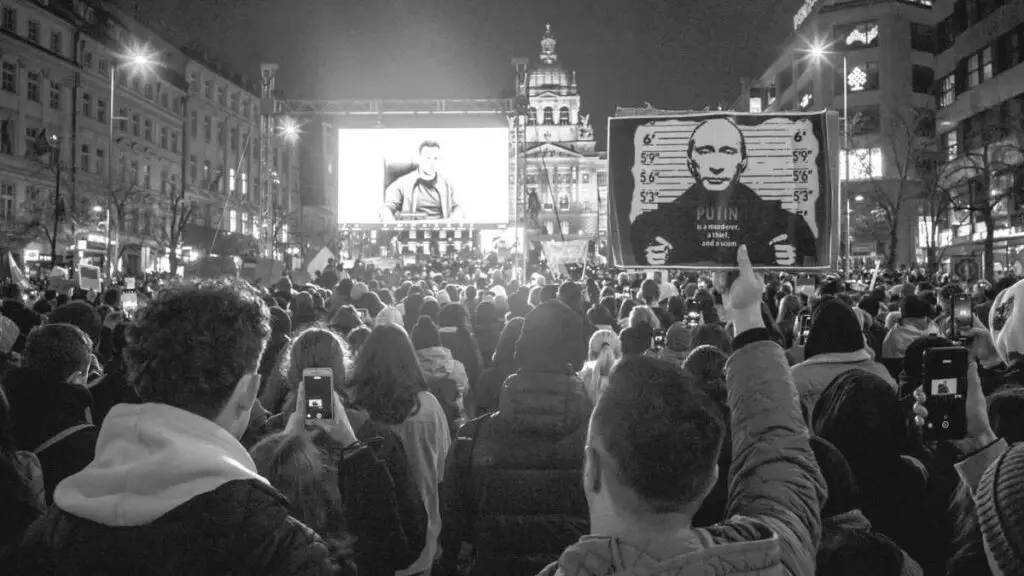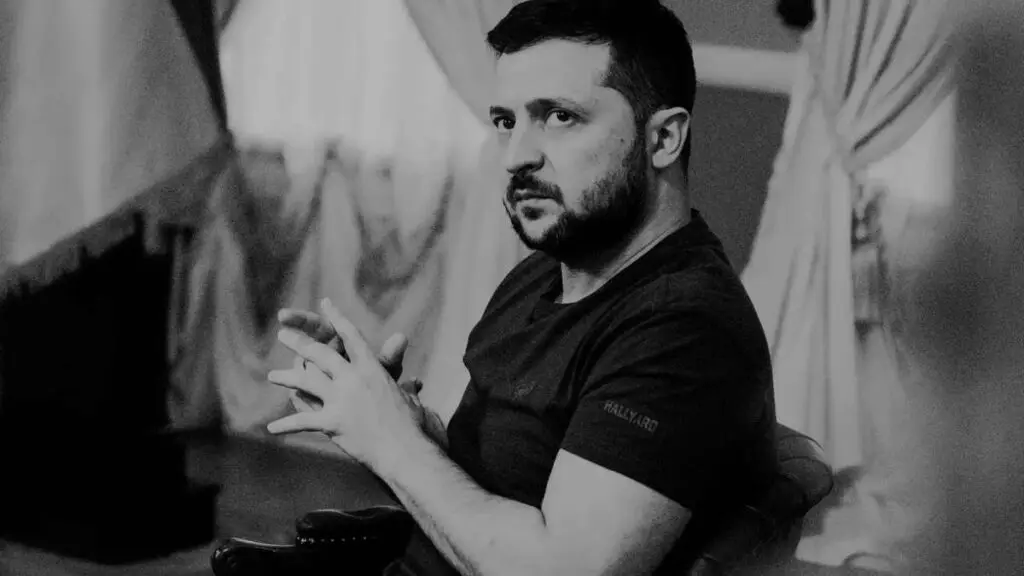By Geoffrey Cain
PRI’s The World
Apr 26, 2013
SEOUL, South Korea — The few remaining South Korean workers will be removed from the Kaesong industrial complex, a joint venture with the North, ending hope the standoff between the two sides will be resolved.
The announcement came after North Korea rejected formal talks to resolve the standoff, which has closed much of the complex since April 9.
Some 800 South Koreans were working in the complex when North Korea put a barricade into place, blocking South Korean business owners from accessing their goods.
Most of the workers left the complex but 175 of them who chose to stay have been camping out in the complex in the hope of saving their businesses.
South Korean officials say the North is blocking necessary shipments of food and medical supplies, creating an “urgent” humanitarian problem.
North Korea removed its own 50,000 workers at the beginning of April.
South Korea’s unification minister said that the decision to remove the workers was “unavoidable” after Pyongyang refused to participate in talks.
“Our companies that have invested in the Kaesong industrial complex, trusting inter-Korean agreements and the North’s promise, are suffering from serious damage and pain,” Ryoo Kihl-jae said.
“The North has not allowed minimum humanitarian measures such as food and medical aid for our people who have tried to protect the Kaesong complex to the end.
The operations remain “temporarily suspended” according to both governments, and not completely shut down. Despite the rhetoric, Lee Hochul, a political science professor at Incheon National University in South Korea, told USA Today that neither side has mentioned a permanent shutdown of the industrial complex.
“This is a war of pride between the Koreas, but they are conducting it while leaving some room for talks,” Lee said. “Once drills end and tension subsides, they may try to revive contact over Kaesong.”
Both sides are stepping up a tit-for-tat exchange after the North Korean war bluster — which made international headlines for the past two months — died down this week. Experts say neither North or South Korea want to take the blame for fully closing the zone, so are taking incremental steps.
At the same time, North Korea’s warning on Thursday that it could send so-called nuclear-armed kamikaze pilots to attack American forces signifies a creative twist after two months of war talk. The announcement came on the anniversary of the founding of the Korean People’s Army.
Published in the English-language KCNA, the comment was probably intended for international consumption.
The article was originally published in PRI’s The World
See Also:






